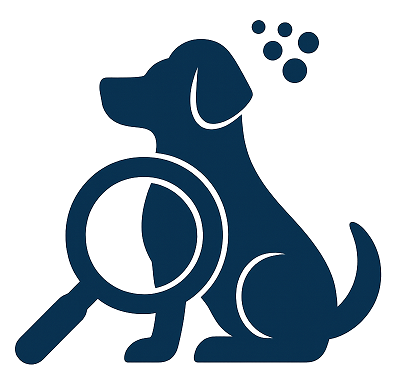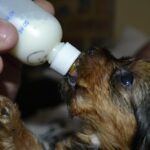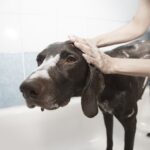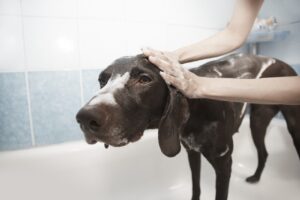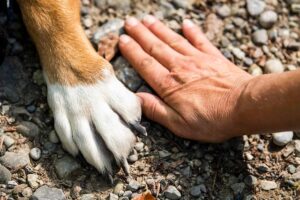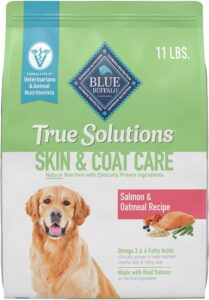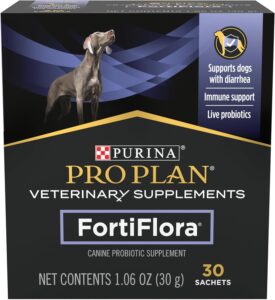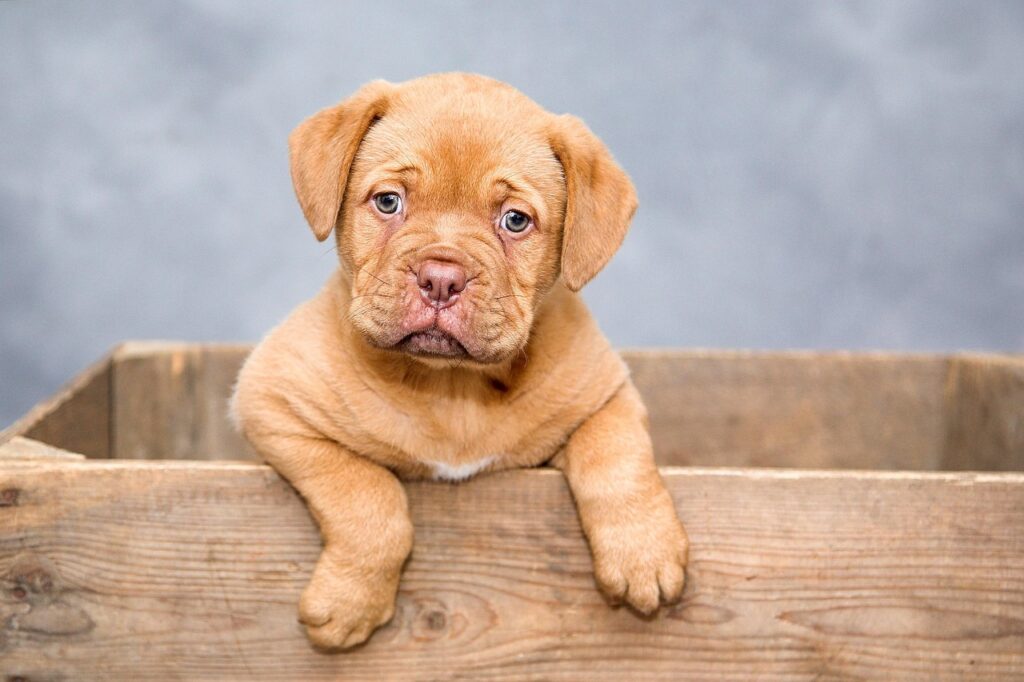
Dogs are cherished companions, bringing joy and affection into our lives. However, they can also bring along some less-than-pleasant odors, particularly if their hygiene is not managed properly. Whether it’s the smell of wet fur, bad breath, or that general ‘dog smell’ that can permeate a home, addressing these odors is essential for maintaining a pleasant living environment. In this article, we will explore practical and straightforward tips to eliminate dog odors at home, ensuring both you and your furry friend enjoy a fresh and clean space.
Understanding the Source of Dog Odors
Before tackling the issue of dog odors, it’s important to understand where these smells originate. Common sources include:
- Skin and Coat: Natural oils, dirt, and bacteria can accumulate on a dog’s skin and coat, leading to a lingering odor.
- Dental Issues: Bad breath or halitosis is often a result of dental problems or poor oral hygiene.
- Ears: Dogs with floppy ears or those prone to ear infections can have smelly ears if not cleaned regularly.
- Paws: Dogs’ paws can trap dirt, bacteria, and even fungus, contributing to unpleasant odors.
- Anal Glands: Dogs have anal glands that can sometimes become full or infected, causing a strong odor.
Regular Grooming Practices
Bathing
Regular baths are crucial in keeping your dog smelling fresh. Use a mild dog shampoo tailored to your pet’s specific skin needs. Avoid over-bathing, as this can strip the coat of natural oils, leading to skin irritations.
Brushing
Frequent brushing helps remove dirt, debris, and loose hair, reducing the amount of odor-causing bacteria. It also stimulates the skin and distributes natural oils throughout the coat, promoting a healthy shine.
Trimming
Regular trimming around sensitive areas, such as the paws, groin, and rear end, can help prevent the accumulation of dirt and odors. Consider professional grooming for breeds with long or dense coats.
Oral Hygiene
Brushing Teeth
Dental care is a critical aspect of eliminating dog odors. Brush your dog’s teeth regularly using a pet-safe toothpaste. This helps prevent plaque buildup and reduces the risk of dental diseases, which can cause bad breath.
Dental Chews and Toys
Incorporating dental chews and toys can help maintain oral hygiene by reducing plaque and tartar build-up. Select products designed specifically for dogs to ensure their safety and efficacy.
Ear Care
Regular ear cleaning is essential, especially for breeds prone to ear issues. Use a vet-recommended ear cleaner and gently wipe the outer ear with a cotton ball. Avoid inserting anything into the ear canal, as this can cause injury or infection.
Paw Care
Keep your dog’s paws clean by regularly checking for dirt, debris, and foreign objects. Wipe their paws with a damp cloth after walks, and consider using paw balms to protect and moisturize the pads.
Anal Gland Maintenance
If you notice a persistent foul odor, it may be due to full or infected anal glands. Regular expression by a veterinarian or a trained groomer can help prevent issues. Some dogs may require dietary changes or supplements to support anal gland health.
Home Environment
Cleaning Dog Bedding
Wash your dog’s bedding regularly to remove odors. Use a pet-safe detergent and ensure the bedding is completely dry before use to prevent mold and mildew.
Vacuuming and Cleaning
Frequent vacuuming helps remove pet hair and dander that contribute to odors. Consider using a vacuum with a HEPA filter to capture fine particles. Clean carpets and upholstery with pet-safe cleaners to eliminate embedded odors.
Ventilation
Proper ventilation is essential in maintaining a fresh-smelling home. Open windows when possible to allow fresh air to circulate. Consider using air purifiers to help reduce airborne odors and allergens.
Diet and Nutrition
A balanced diet is vital for your dog’s overall health and can impact odor levels. Ensure your dog is consuming a diet rich in high-quality proteins, healthy fats, and essential nutrients. Consult your veterinarian for dietary recommendations tailored to your pet’s specific needs.
Professional Help
If your efforts to manage odors at home are not enough, consider seeking professional grooming services. Groomers have the tools and expertise to address stubborn odors and can provide additional advice for home care.
Conclusion
Eliminating dog odors at home requires a multi-faceted approach, combining regular grooming, proper hygiene practices, and a clean living environment. By understanding the sources of odors and implementing these simple tips, you can ensure your home remains a pleasant space for both you and your canine companion. Remember, a healthy dog is a happy dog, and maintaining their hygiene is an essential part of responsible pet ownership.
#ChatGPT assisted in the creation of this article.
